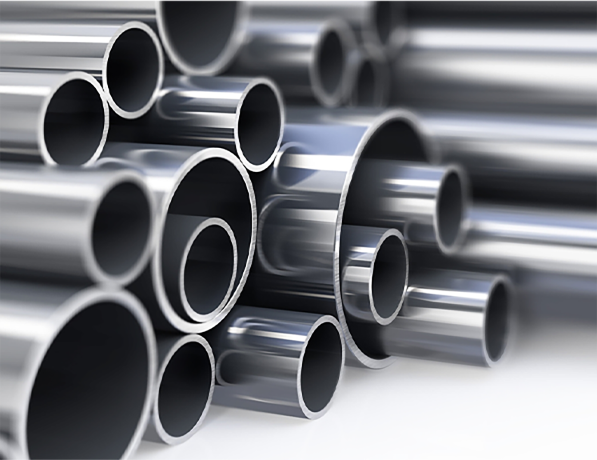

The Evolution and Importance of Automotive Electronics Parts
The automotive industry has undergone a radical transformation over the past few decades, driven primarily by advancements in technology and a growing demand for safety, efficiency, and connectivity. At the heart of this technological revolution are automotive electronics parts, which play a pivotal role in the functionality and performance of modern vehicles. This article explores the evolution, types, and significance of automotive electronics parts in today’s automotive landscape.
Evolution of Automotive Electronics
Historically, vehicles were primarily mechanical systems, where the focus was on the engine and chassis. However, as consumer expectations evolved, so did the automotive landscape. The introduction of electronic fuel injection systems in the late 20th century marked the beginning of a shift towards automation and electronic management in vehicles. Since then, the proliferation of microcontrollers and sensors has led to the advent of advanced driver-assistance systems (ADAS), infotainment systems, and electric vehicle (EV) technologies.
Today, nearly every aspect of vehicle operation is influenced by electronic components, from engine management systems that optimize performance and fuel efficiency to safety features like anti-lock braking systems (ABS) and electronic stability control (ESC). The integration of these systems not only enhances the driving experience but also contributes to reducing environmental impact by optimizing engine performance and promoting energy-efficient technologies.
Types of Automotive Electronics Parts
Automotive electronics parts can be categorized into several types, each serving distinct functions that are crucial for the operation of modern vehicles
1. Engine Control Units (ECUs) These are the brains of the vehicle, managing everything from fuel injection to ignition timing. Multiple ECUs may be present in a single vehicle, each dedicated to specific functions such as transmission control, emissions control, and more.

2. Sensors Modern vehicles are equipped with a myriad of sensors, including oxygen sensors, temperature sensors, and pressure sensors. These components provide real-time data to the ECUs, allowing for dynamic adjustments to enhance performance and safety.
3. Infotainment Systems Today's vehicles are equipped with sophisticated infotainment systems that integrate navigation, music, communication, and vehicle diagnostics. These systems rely heavily on electronic components to provide a seamless user experience.
4. Safety Systems Automotive electronics play a critical role in safety features like airbags, anti-collision systems, and lane departure warnings. Advanced technologies such as radar and camera systems are utilized to enhance vehicle safety.
5. Electric and Hybrid Vehicle Components The rise of electric and hybrid vehicles has spurred the development of specialized electronics, including battery management systems, electric drivetrains, and regenerative braking systems, which are essential for efficient energy usage.
The Significance of Automotive Electronics Parts
The significance of automotive electronics parts extends beyond mere functionality; they are central to the ongoing trends of automation, connectivity, and sustainability in the automotive industry. As vehicles become more connected and equipped with features like vehicle-to-everything (V2X) communication, the demand for reliable and efficient electronic components continues to grow.
Moreover, as regulatory pressures for emissions reductions and fuel efficiency intensify, the role of automotive electronics becomes even more critical. Advanced sensor technologies and data analytics are enabling automakers to meet increasingly stringent emissions standards while enhancing vehicle performance.
In conclusion, automotive electronics parts are essential to the modern vehicle's design and operation. As the industry moves towards greater automation and sustainability, the importance of these components will only increase, shaping the future of mobility. Embracing innovation in automotive electronics will not only lead to better vehicles but also contribute to a greener and safer world for all.